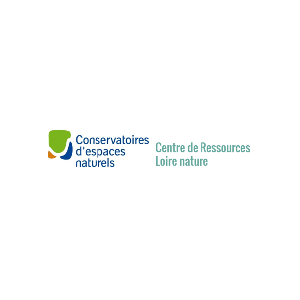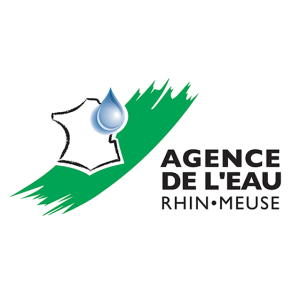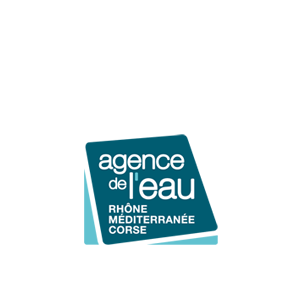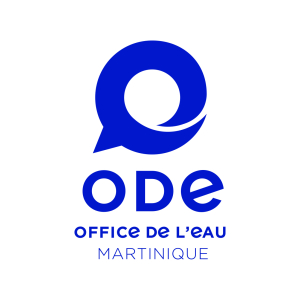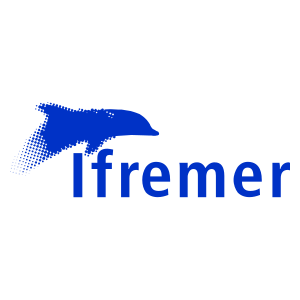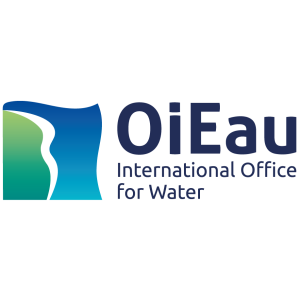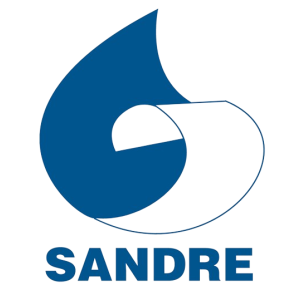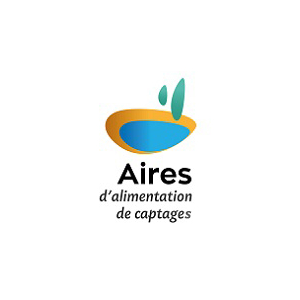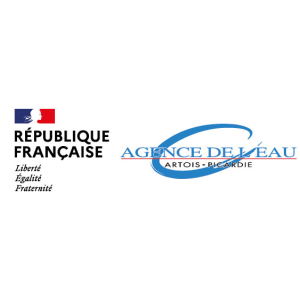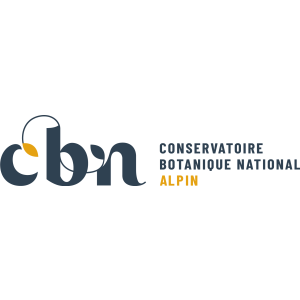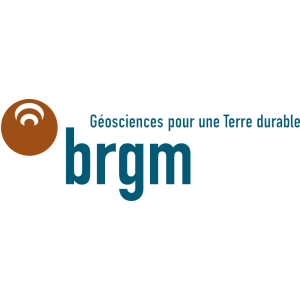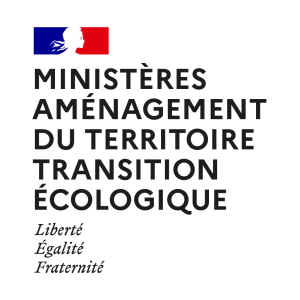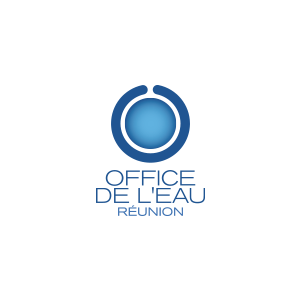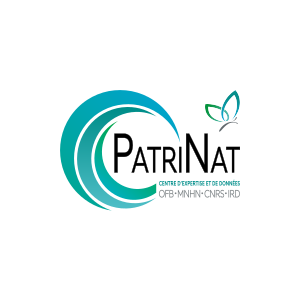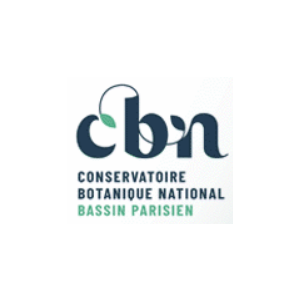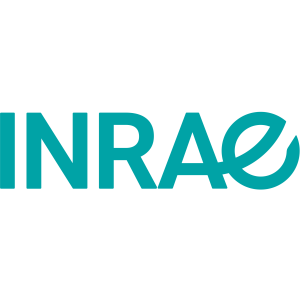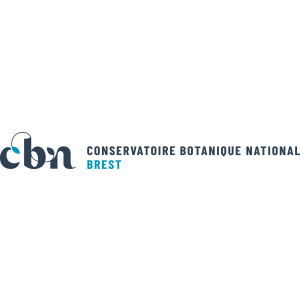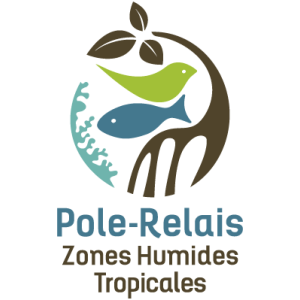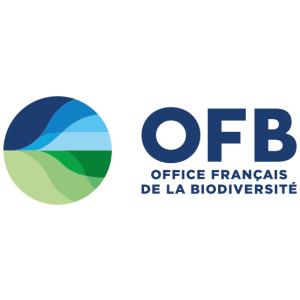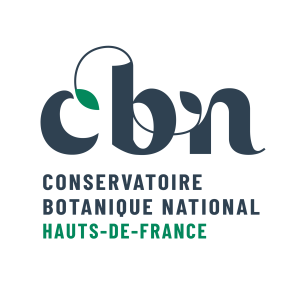
Document généré le 07/02/2026 depuis l'adresse: https://www.documentation.eauetbiodiversite.fr/fr/notice/abattement-de-l-azote-par-le-marais-cotier-de-kervigen-et-potentiel-breton
Titre alternatif
Producteur
Contributeur(s)
Éditeur(s)
Actes du colloque - Ifremer
Identifiant documentaire
9-64
Identifiant OAI
oai:archimer.ifremer.fr:64
Auteur(s):
Piriou, Jean-yves,Coic, Daniel,Merceron, Michel
Mots clés
Algae
Nitrogen
Ulva
Nitrate depletion
Costal marsh
Algue
Azote
Ulva
Abattement de nitrate
Marais côtier
Date de publication
24/09/1999
Date de création
Date de modification
Date d'acceptation du document
Date de dépôt légal
Langue
fre
Thème
Type de ressource
Source
Droits de réutilisation
info:eu-repo/semantics/openAccess
Région
Département
Commune
Description
The coastal marsh of Kervigen is located near by the bay of Douarnenez and its 22 hectares are almost entirely covered by reeds. An experiment was there carried out to assess the nitrogen flux depletion of a small stream, the Kerharo. That one has a 45 km 2 mostly agricultural drainage basin. Due to its nitrate loadings to the next sandy beach, it feeds a green algae (Ulva) proliferation. In order to control its nitrogen fluxes, the stream was partly diverted through a part of the marsh (9 ha), before it was allowed to go back to the main bed. Thus a collapsible weir was set up during several springs and summers, i.e. the growing
period of Ulva. The nitrate stripping off the going through flux is within a 30 to 90 % range,that is important (175 kg N03 /day, i.e 4 kg N/ha of marsh/day). Fish migration remains possible by a short cut of the marsh. The flushing time of marsh water is estimated to be 0.5-5 days depending on the flow. The nitrate depletion is caused by reeds growth, and mainly bacterial denitrification.
Moreover, an inventory of similar milieus in Brittany, having the same function or possibly managed toward this direction, displays some potentialities. This type of action remains curative means to treat nitrogen loadings in excess, and the question of knowing more about the quantity of anthropic pression which is applied to the coastal marshes arises. Use of these wetlands is one among several tools which must be considered to control the green algae proliferation in Brittany.
Accès aux documents
0
Consultations
0
Téléchargements
